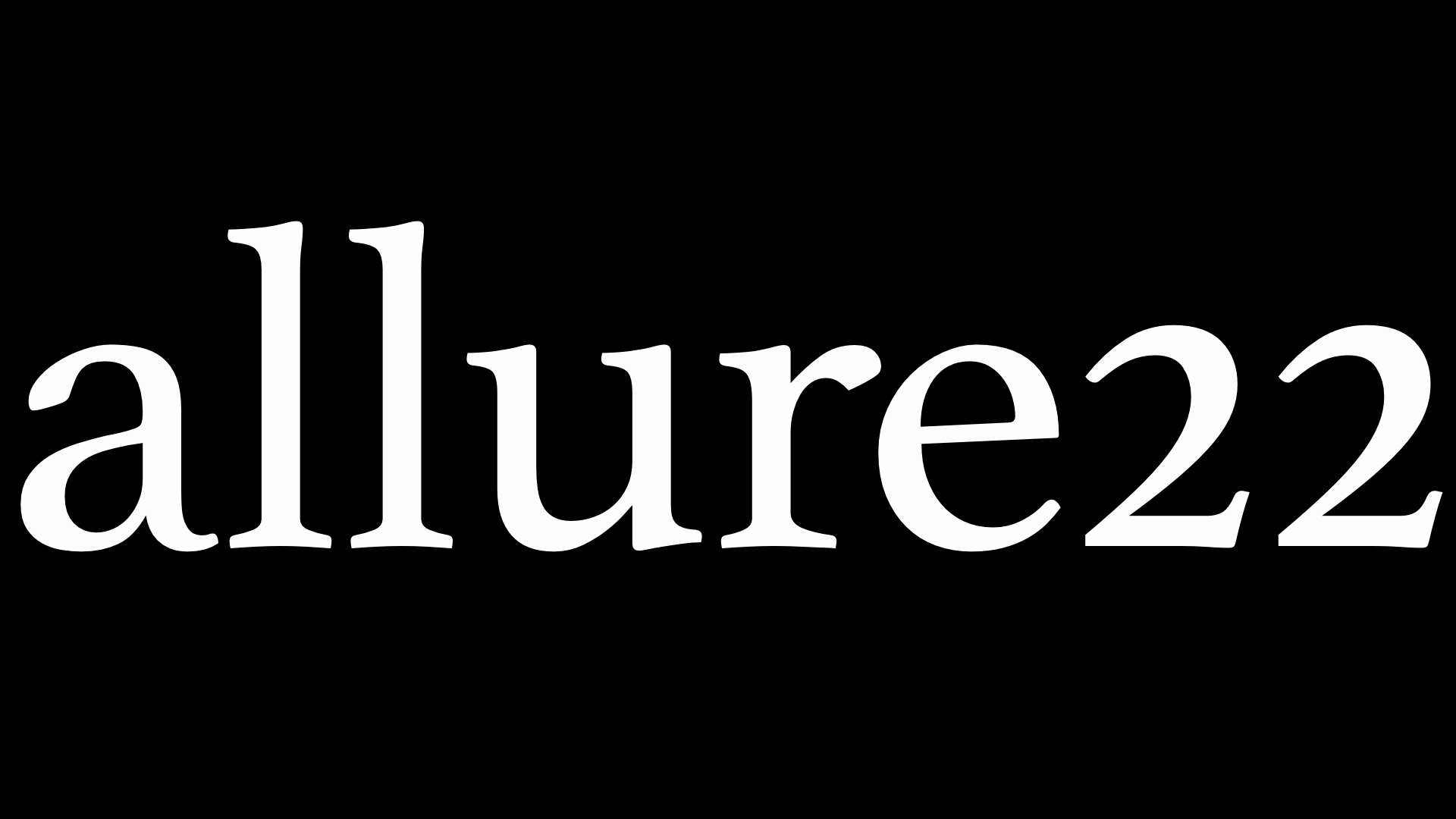If you own a business, it’s good to understand why you do what you do. Maybe you’ve heard this described as “knowing your why.” It’s even better to write your why down and refer to it when difficult decisions need to be made.
Having a solid, thought-through business philosophy means that your practical affairs are guided by set principles.
To inspire you to know — and write — your why, I thought I’d share the guiding principles at Allure22. You might have different values, but whatever they are, you’ll benefit big by writing them down in a format similar to this. It’s easy and you’ll find the exercise super helpful.
So here are the 6 guiding principles at Allure22.com.
1. Build enduring client relationships
We’ve all heard sex sells. We understand why. We get it. But a sexy sale, like external beauty, doesn’t always last long. If you want clients or customers for life, the appeal needs to be substantive and not merely superficial. We view building business relationships as a long-view process with long term goals. While flashy and splashy looks great on the surface, without integrity beneath, it’s just skin.
For us this means no-pressure sales. We prefer the power of attraction over hustling a sale. The allure of our product is based on the quality of the product itself, not on our ability to push people into buying. We want clients to choose us because we’re the best choice and fit for them. We want to earn business. Relationships built this way are reciprocal and enduring.
So we never reduce people to “prospects” on some “hit list.” We want to market in a way that gives everyone dignity, establishes trust, builds solid relationships, renders lasting results, and keeps clients for life. You can read more about that here.
2. Creative partnerships
Creativity is a natural human drive that gives life a sense of meaning and purpose and business is a creative venture. Building a business means building something sacred, something great. Even businesses that seem mundane on the surface are expressions of creativity. CNBC’s Blue Collar Millionaires gives us a peek into how people got creative rolling up their sleeves and forged a path to wealth by meeting very ordinary needs.
Thriving relationships is another primal human need. They aren’t always easy but they are necessary and working to make relationships win-win experiences is a fulfilling endeavor.
Sometimes creativity and relationships clash. But working through those times is also an exercise in creativity. And while relationships sometimes end due to creative differences, we prefer to see that as the exception and not the rule.
When creative partnerships are flowing in a profitable direction, each person finds their unique role, and contributes to benefit the vision while staying in their lanes. It’s work that requires a measure of humility but it’s always worth it. We value creative partnerships.
3. A brand is more than an image
Andre Agassi famously said, “Image is everything.” But think about it. In middle school some of the girls stuffed their bras. Pads and hair extensions can improve an image for a day but come bedtime it’s all just socks and wigs. Everyone concedes that “branding” a businesses is about image in some ways. But brands and businesses that last are built on truth and substance.
When tasked with branding a startup or rebranding a struggling business, the best approach is to do the heavy lifting of soul searching and values discovery. Build a brand based on your values, align them with market research, and then connect the dots and tell your story. Not just the story of how you got here, or how your business benefits you, but how your business benefits your market. Even a compelling company history must tell the story of how the market was the beneficiary.
4. Technology: YES.
Tech and trends are a blur. So it’s keep up or die. It’s no longer survival of the fittest; it’s survival of the fastest. Status quo is out; fluxus quo is in. But being up on tech doesn’t mean always jumping on the latest tech widget; it means using what works best until something works better.
Many businesses view technology as a threat. We prefer to see it as an opportunity. But it’s only an opportunity when you always have contingency plans to meet the inevitability of change. So a lot of energy and time is put into studying the latest tech tools for digital communications.
5. Trust is the highest form of currency
Integrity is the quality of being completely honest. A quality that can seem rare and a bit old fashioned. Some might even call it naive or weak. But integrity also has to do with being sound in construction. Strong. “Structural integrity” is kind of a big deal if you’re driving on a bridge.
Businesses that are willing compromise in the currency of trust for a quick profit aren’t all that smart and they certainly aren’t strong. They’re shaky. They’re weakened by esteeming money over honesty. Any financial gain achieved by dishonesty is a sandcastle that crumbles in time and the tide always rolls in. Trust is the best currency and money will follow if trust comes first.
6. Business is sacred
Maybe you’ve heard this a time or two: “It’s not personal. It’s business.” The expression speaks to the bigness of business; that it’s higher than any single individual because it serves a greater good — a purpose, a solution, a mission. Business is sacred because it meets the needs of everyone involved, provides income, fuels the economy, and gives life purpose. You can read more about why business is sacred here.
Sometimes we get so mired down in the day-to-day minutiae of our businesses that we forget the higher purposes for them. We get discouraged and feel disillusioned. It’s then that we need to remember that our drive shouldn’t come from the fires we put out, but from the greater vision we had for why we got into all this in the first place. When we know our “why” we tend to keep our eyes on the big picture and that gives us motivation to keep going.




